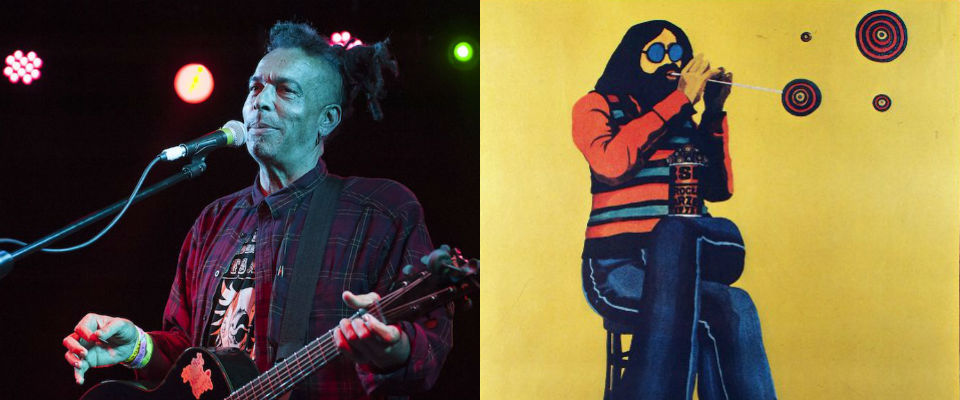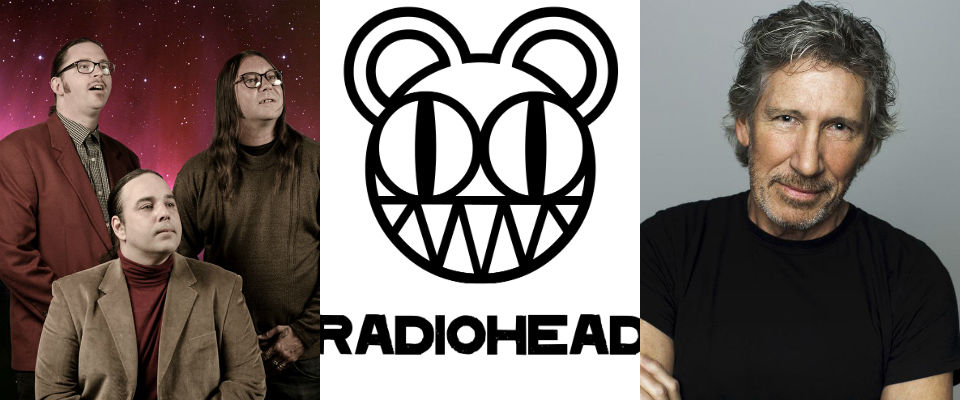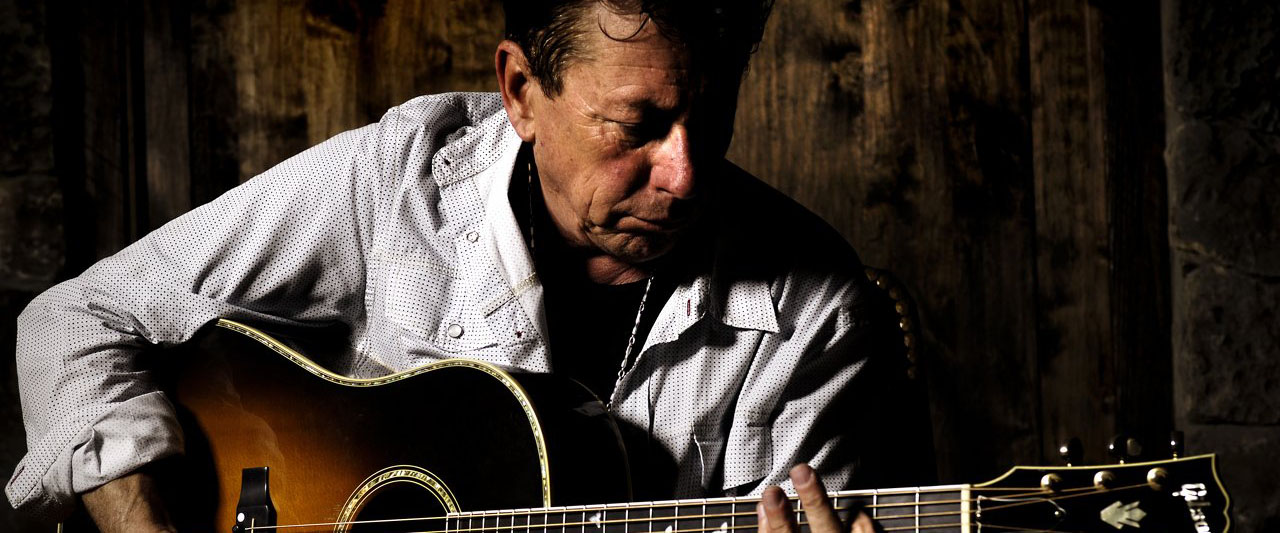Waverly (left) and artist Francene Rouelle are part of mHart media, Austin’s first and only Asian American music label.
KERA | By Elizabeth Myong
Published September 10, 2024 at 11:51 AM CDT
These days, music lovers have a growing number of Asian American artists to listen to like Thuy, Keshi and Mitski.
But while Asian American musicians have become more visible, there’s still room to grow in the way these artists are understood and supported. That’s one of the reasons why Waverly launched mHart media, Austin’s first and only Asian American music label.
The Cambodian-born founder said the label’s mission is to “showcase and validate the Asian American experience in mainstream music and media.”
Arts Access’ Elizabeth Myong spoke with Waverly and mHart singer-songwriter Francene Rouelle about the joys and challenges of being an Asian American artist, what it means to bring their full selves to the studio and how financial means can inhibit creativity.
This interview has been lightly edited for clarity.
I’m curious if each of you could just share a little bit about who you are and how you got into music?
Rouelle: I actually just recently started music about a year ago, so it’s pretty fresh for me. But I also had a musical background growing up. I studied musical theater for a long time. So that’s just kind of how I got into music and artistry. So now I’m here a year in, and it’s been such a fun journey.
Waverly: Starting in middle school, I picked up classical double bass and then took that throughout college, thinking I was going to play in a symphony for the rest of my life. Then COVID hit, and it’s really hard to play in an orchestra on Zoom. I always had interest in songwriting and music production and started picking that up then. Now, I live fully in a pop and R&B, hip-hop landscape. So I do a lot of music production, songwriting and ultimately that led to starting mHart.
You’ve talked about Asian culture becoming huge and popular in the U.S., but that also comes with its drawbacks. So can you talk about how that growing popularity of Asian culture has both challenged and helped mHart’s mission?
Waverly: We’ve been joking recently that it’s trending to be Asian right now. Seeing the rise of different parts of Asian culture and entertainment, it’s mostly been a lot of K-pop and a lot of anime. I love both — shout out. But even within that, there’ve been some drawbacks just figuring out what is actually our [mHart’s] identity.
I’m Cambodian. She’s Filipino. A majority of our group is all South or Southeast Asian. We actually don’t have any East Asian representation, but we’ll work on it. But just figuring out, where do we fit within that in itself?
Rouelle: For sure. I think growing up, K-pop had to be the biggest inspiration because those were the people that we looked up to. There’s no one else in the industry. But nowadays, it’s like you see everybody who’s making singer-songwriter music and just so many different types. Now, there’s just like a better outlet for us now.
Francene, you’ve talked about this expectation that you write about your Asian American experience and center that in your music. But how do you grapple with that as a musician? You know, that push and pull between being more visible now, but at the same time not really fully being “seen” in all of your complexity.
Rouelle: We’ve definitely tried to tap into the Filipino American experience with some of our songs, but it … just feels like I’m forcing or like being really inauthentic, you know? Like I’m trying to press all of these different experiences and different things that I know about my culture onto a song. It starts to feel less and less like me and I think it’s really hard and it’s really difficult. But the easiest songs to write are the ones that just come from me being who I am, and not having to force any type of cultural experience into a song.
Something that I thought was really telling, Waverly, was when I asked you about your goals and dreams for mHart, you didn’t talk about getting a Grammy or going to Coachella. You said that you wanted to salary every person that you work with. So can you talk about why that is such a big goal for you, and how Austin can be a better space to make that possible?
Waverly: Music’s expensive and doing stuff that’s creative is expensive. The only times that I catch myself now having to restrict my own intuition is when I run into a budget and I can’t make decisions without having to worry about, can I afford to make this decision? I think that’s always been something that’s always been really tough and really prevalent.
The only dream that I’m working for right now is to salary everyone that helps me out. One of my team members has asked me: So what happens when you hit that? I’m like, well, then I can set more goals that are maybe more creative or more fun. I want to open a mall. So that’s the second dream.
But first I have to get the money to pay the people to start planning the mall, I think. Money will always be like a bit of a barrier to entry. I think we have made it so far, so fast on so little money, which is a testament of our work ethic and ability. But you get reminded very harshly sometimes that you could be doing so much more if you had an injection of cash somewhere.
I’m wondering if each of you could share one thing folks in our audience can do to better support Asian American musicians, label founders, producers, perhaps like yourself?
Waverly: Just follow along and be proud of it. I think we’re really interested in creating a space for our unique voices. Obviously, we don’t represent everybody, but we don’t know anyone else that is either. So we’re doing at least half the battle. I mean really embracing it and being really curious about anything that we do. Trust that we’ll make something cool.
Rouelle: Just come out and support our events and share our social media. I mean, we’re pretty present in the media right now. We’re starting to do a lot of YouTube and Instagram reels.
Arts Access is an arts journalism collaboration powered by The Dallas Morning News and KERA.
This community-funded journalism initiative is funded by the Better Together Fund, Carol & Don Glendenning, City of Dallas OAC, The University of Texas at Dallas, Communities Foundation of Texas, The Dallas Foundation, Eugene McDermott Foundation, James & Gayle Halperin Foundation, Jennifer & Peter Altabef and The Meadows Foundation. The News and KERA retain full editorial control of Arts Access’ journalism.
Copyright 2024 KERA



